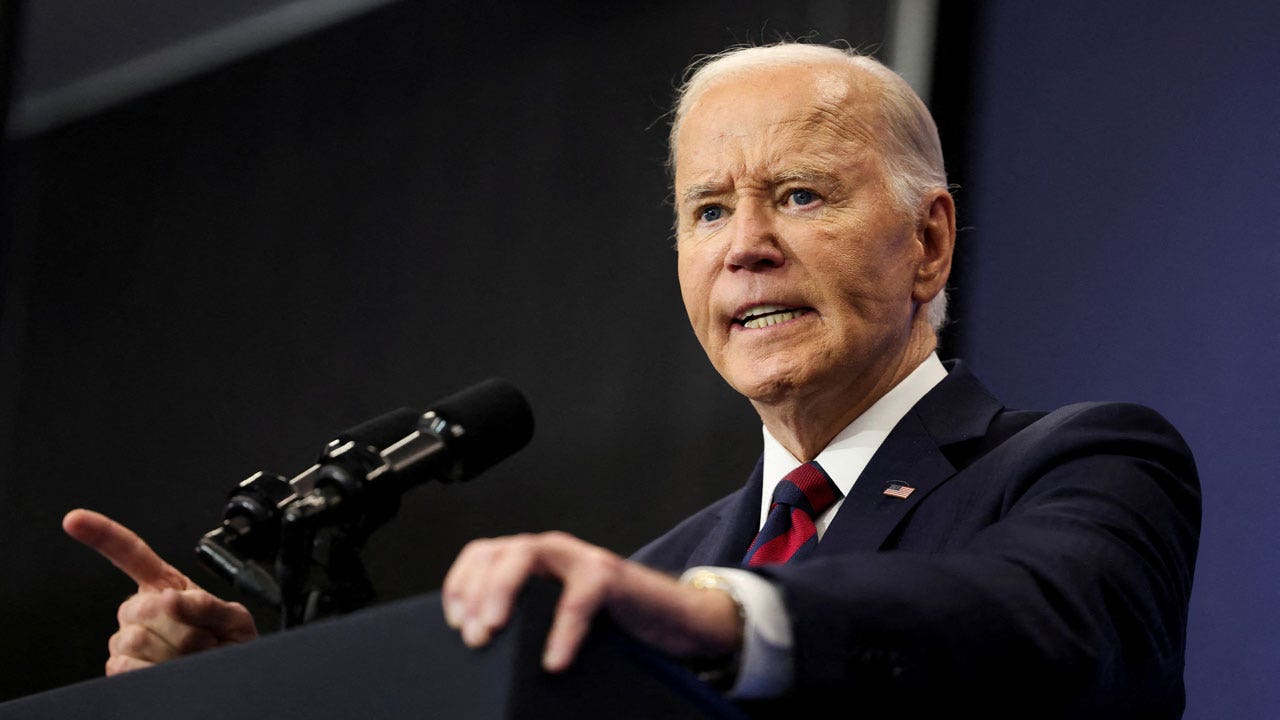Sixty years ago, conservative provocateur William F. Buckley wrote, “I would rather be governed by the first 2,000 people in the telephone directory, than by the Harvard University faculty.”
Buckley was a Yale man, but his barb was not intended to compare Harvard to Yale. He later explained:
Not, heaven knows, because I hold lightly the brainpower or knowledge or generosity or even the affability of the Harvard faculty: but because I greatly fear intellectual arrogance, and that is a distinguishing characteristic of the university which refuses to accept any common premise.
Now may be the time to update Buckley’s incendiary remarks: I would rather be governed by the first 2,000 people in the telephone directory, than by a black box algorithm.

It has just been reported that Google researchers have shown that AI would do a better job governing America than humans. Such implausible AI hype is almost always misleading and, once again, it is. The reality is very different from the headlines.
The Google researchers set up a simple redistribution game in which the competitors shuffle imaginary “coins” among themselves. When the game ends, they vote on which redistribution strategy they prefer. The AI algorithm, dubbed “Democratic AI,” was trained on pre-test data from games in which humans played against each other. It is hardly surprising that, when the algorithm then played against humans, it chose a strategy that humans liked in the pre-test games.
From this, the headlines shout that America would be better governed by AI than by humans! The well-intentioned, but naive and ultimately dangerous, presumption is that the sole function of government is to divide up the economic pie.
Economists and humane societies have long recognized the need and moral obligation to help those who, through no fault of their own, struggle to live a decent life. In 1798 Thomas Malthus (1766–1834) wrote that, “It has appeared that from the inevitable laws of our nature, some human beings must suffer from want. These are the unhappy persons who, in the great lottery of life, have drawn a blank.” However, it also true that government policies can affect the size of the economic pie.

Arthur M. Okun was a professor at Yale from 1961 to 1969, though he spent six of those eight years on leave so that he could work in Washington on the Council of Economic Advisors as a staff economist, council member, and then chair. An advisor to presidents John F. Kennedy and Lyndon Johnson on their economic policies, he is best known for Okun’s law. The law states that a 1 percentage-point reduction in unemployment will increase U.S. output by roughly 2 percent, an argument that helped persuade President Kennedy and Congress that using tax cuts to reduce unemployment from 7 percent to 4 percent would have an enormous economic payoff. Not only did the unemployed benefit personally but the nation’s economic pie increased substantially.
In his 1975 book Equality and Efficiency: the Big Tradeoff, Okun wrestled with the economic distortions and inefficiencies created by governments taxing income earners in order to support those who are less well-off. He created the memorable image of a leaky bucket:
The money must be carried from the rich to the poor in a leaky bucket. Some of it will simply disappear in transit, so the poor will not receive all the money that is taken from the rich. (p. 91)
Resources that could be used elsewhere are devoted to administering the transfer system. Both the rich and the poor have less incentive to work. Decisions made to reduce taxes also reduce the economic pie.
The bottomless bucket is Karl Marx’s utopian creed: “From each according to his ability, to each according to his needs.” In this idyllic world, everyone works for the good of society, with the fruits of their labor distributed freely — everyone taking what they need, and only what they need. We know how that worked out. When rewards are unrelated to effort, being a slacker is more appealing than being a worker. With more slackers than workers, not nearly enough is produced to satisfy everyone’s needs. A common joke in the Soviet Union was, “They pretend to pay us, and we pretend to work.”
In addition to helping those who in the great lottery of life have drawn blanks, governments should adopt myriad policies that expand the economic pie, including education, infrastructure, and the enforcement of laws and contracts. Public safety, national defense, dealing with externalities are also important. There are many legitimate government activities and there are inevitably tradeoffs. Governing a country is completely different from playing a simple, rigged distribution game.
I love computers. I use them every day — not just for word processing but for mathematical calculations, statistical analyses, and Monte Carlo simulations that would literally take me several lifetimes to do by hand. Computers have benefitted and entertained all of us. However, AI is nowhere near ready to rule the world because computer algorithms do not have the intelligence, wisdom, or commonsense required to make rational decisions.
Hannah Arendt, wrote that, “If everybody always lies to you, the consequence is not that you believe the lies, but rather that nobody believes anything any longer.”
The exaggerations, the untruths, the over-promising and under-delivering, the fake-it-until-you-make-it mentality may sell products, generate business, and fund startups but the disillusionment is ultimately counterproductive. We’ve been through several AI winters and I hope that another is not on the way.
You may also wish to read: Can AI really predict crime a week in advance? That’s the claim. University of Chicago data scientists claims 90% accuracy for their algorithm using past data — but it’s hard to evaluate. The scary part: Intelligent, well-meaning people think that bail, sentencing, and parole decisions should be based on what may well be statistical coincidences.





















Discussion about this post